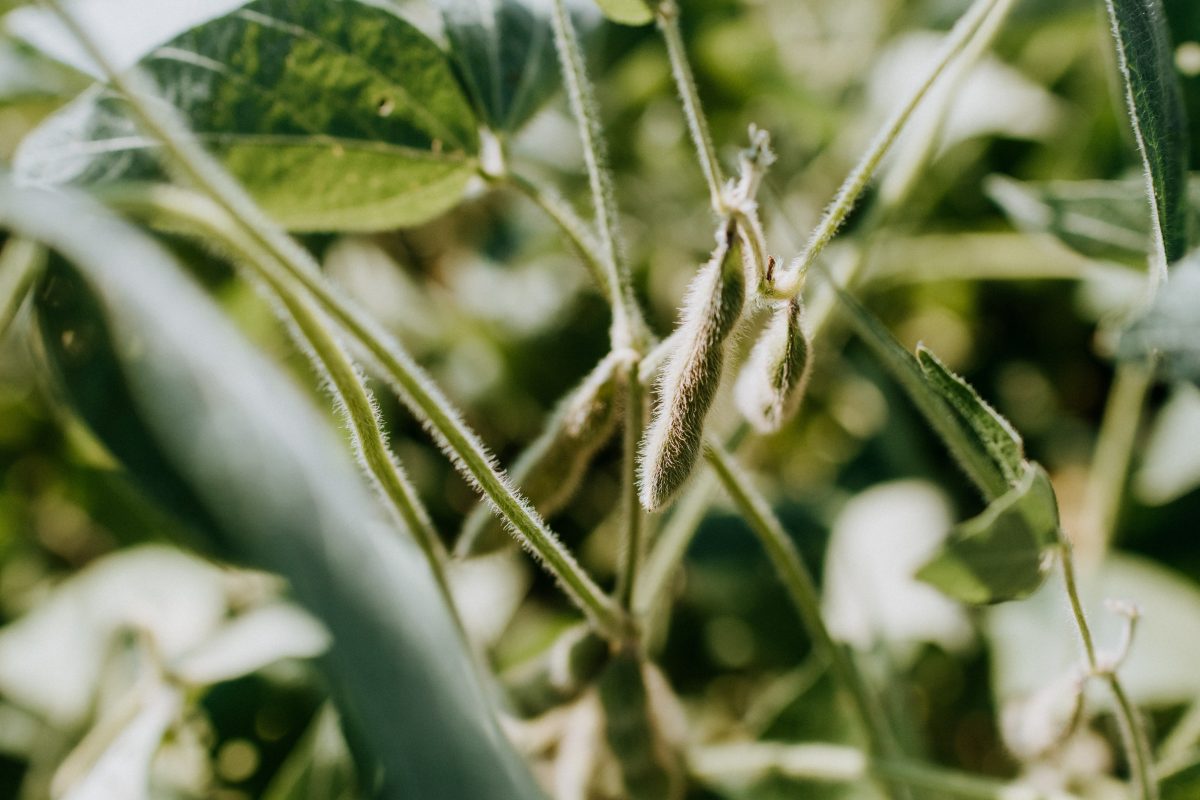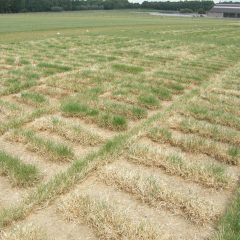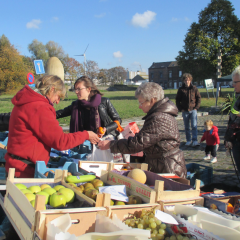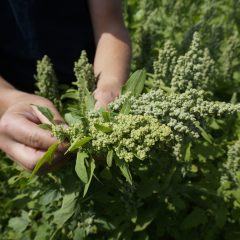Research project Setting up a local, sustainable soybean value chain.

General introduction
The most promising end product of local organic soy in Flanders is semi-finished soy flour which can be used in all kinds of bakery products. This was the final conclusion of the now-finished LoCoSoy research project. The goal was to discover how to set up and scale up a local and organic soy chain in Flanders. This included growing, processing and marketing organic soy with a transparent and fair earnings model between growers, processors and retailers. As a processing technique on an SME scale, extrusion proved too costly. The alternative - grinding the whole bean into soybean meal as a semi-finished product - emerged as being more feasible. Consumer tests by Colruyt Group showed that soy bread was well received. Soy pasta scored less well. However, soy flour could potentially be used in several other bakery applications, such as cake, because of its yellowish color after baking.
Research approach
LoCoSoy had a chain-wide research approach: First, growers interested in organic soy, processors and retailers were brought together in a partnership to create a sustainable soy chain. The economic feasibility was then the central question when investigating different business models and forms of cooperation. The last links of the chain (processing) received attention, with an emphasis on sustainability: Food Pilot and La vie est belle analyzed several processing techniques with low water consumption and limited scale. In terms of product development, soy flour was finally chosen as a semi-finished product for applications in bread and pasta. Optimizations of the milling process occurred. With a final consumer survey, the researchers also obtained clarity about the possible market success: through taste tests at Colruyt Group, market potential and consumer taste preferences were evaluated.
Relevance/Valorization
LoCoSoy offers crucial insights into the scale-up challenges of organic soybean cultivation and processing in Flanders. The project shows that stable partnerships are needed to ensure a sustainable market. The results can serve as a model for other local protein crops such as field beans, lupins and peas. The choice of soybean meal as the basic raw material and the positive consumer response to soybean bread provide direction for further product development and market introduction within the Flemish organic food chain.
Financing
Vlaamse Overheid - L&V









